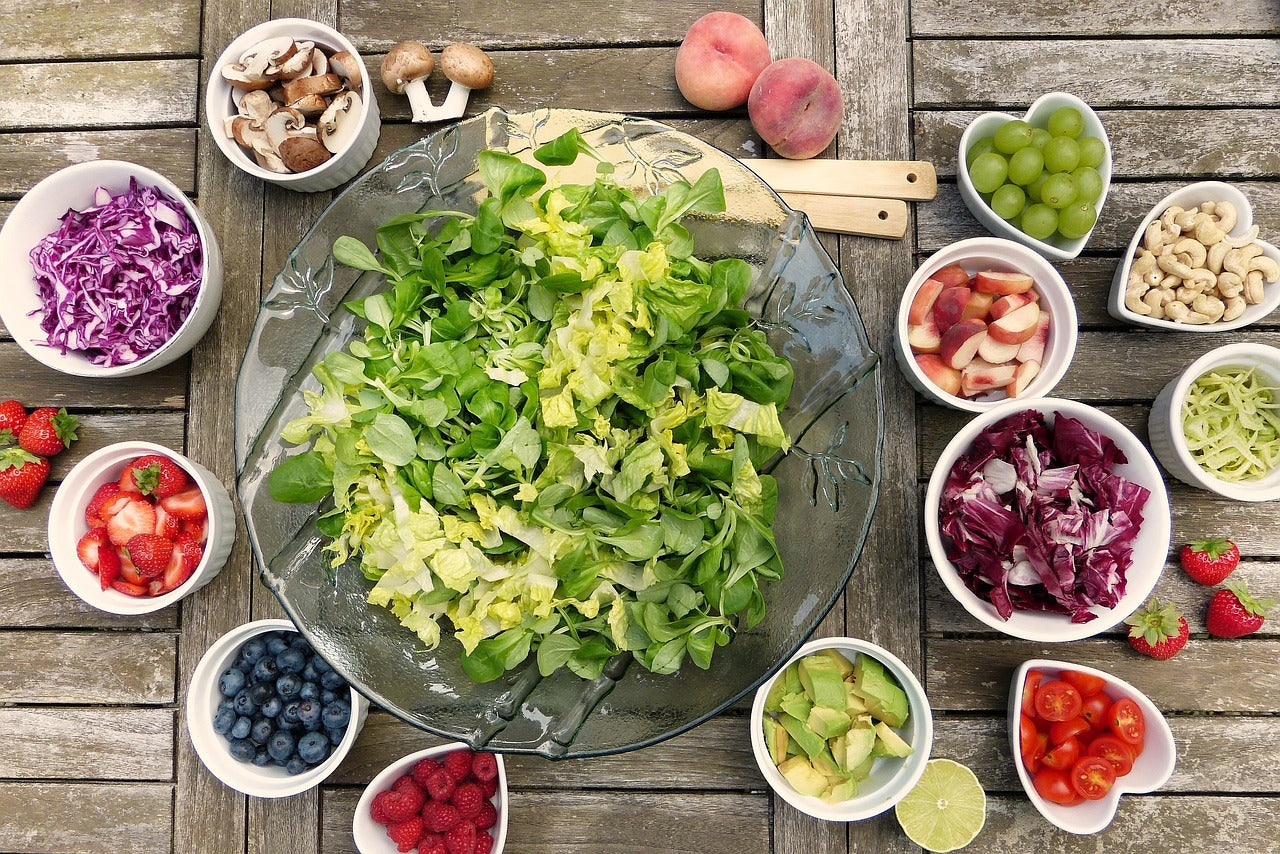World Food Day: how to be an active part of change?

World Food Day is celebrated on 16 October each year. It is one of the most important events in the world that offers multiple opportunities for reflection on issues that are more current than ever, such as the importance of proper nutrition and its correlation with the state of health, the problem of hunger in the world, food waste, and the environmental impact connected to the agri-food system.
Let's find out more about the topics highlighted by this anniversary, and what actions we can take to be an active part of change.
World Food Day, what is it all about?
Established in memory of the foundation of the United Nations Food and Agriculture Organisation (FAO), which took place on 16 October 1945, World Food Day aims to promote widespread awareness and concrete actions on a series of issues related to the agri-food world, including:
- The value of a healthy and balanced diet, for the general well-being of the body
- Food shortages in some disadvantaged areas of the planet
- Food waste
- The exploitation of resources
- The production and distribution chain
- Climate impact and greenhouse gas emissions
- The introduction of innovative technologies
- The resilience of systems in the face of crises and critical issues.

On this occasion, there are thousands of activities and events organised in over 150 countries, with the aim of raising levels of food and nutritional awareness and laying new social, environmental and economic foundations for future generations.
When change starts from the bottom: how can we act?
Each of us potentially represents a small part of a huge change. How so? How can we contribute to this awareness and the implementation of practical actions?
First of all, anyone who plays an educational role (parent, teacher, educator, etc.) has the moral duty to transmit to the new generations the appropriate practices for proper nutrition. Already from childhood, the child has the resources to adopt the concepts related to a healthy way of eating and learning to recognise healthy ingredients. Multi-activities, illustrations and educational games can also begin to create awareness of the consequences of one's actions: the first step to understanding the role of each of us within society.
Then there are family and school contexts, where it is the task of adults to teach children not to waste food, how to organise themselves for healthy and essential food expenditure, possibly addressing local producers, and to become familiar with the various cooking methods by implementing measures that allow the least possible impact on the environment.
Adults once again are reinforced as models and transmitters of good practices, but in order to do so they must first apply themselves and behave appropriately, both in the professional and private sectors.
Aware of the seriousness of these arguments, during our cooking summer camps we have always emphasised the careful use of ingredients, the zero-waste philosophy, collaboration and equality. Because we also feel part of this change.
Happy World Food Day to all!
























